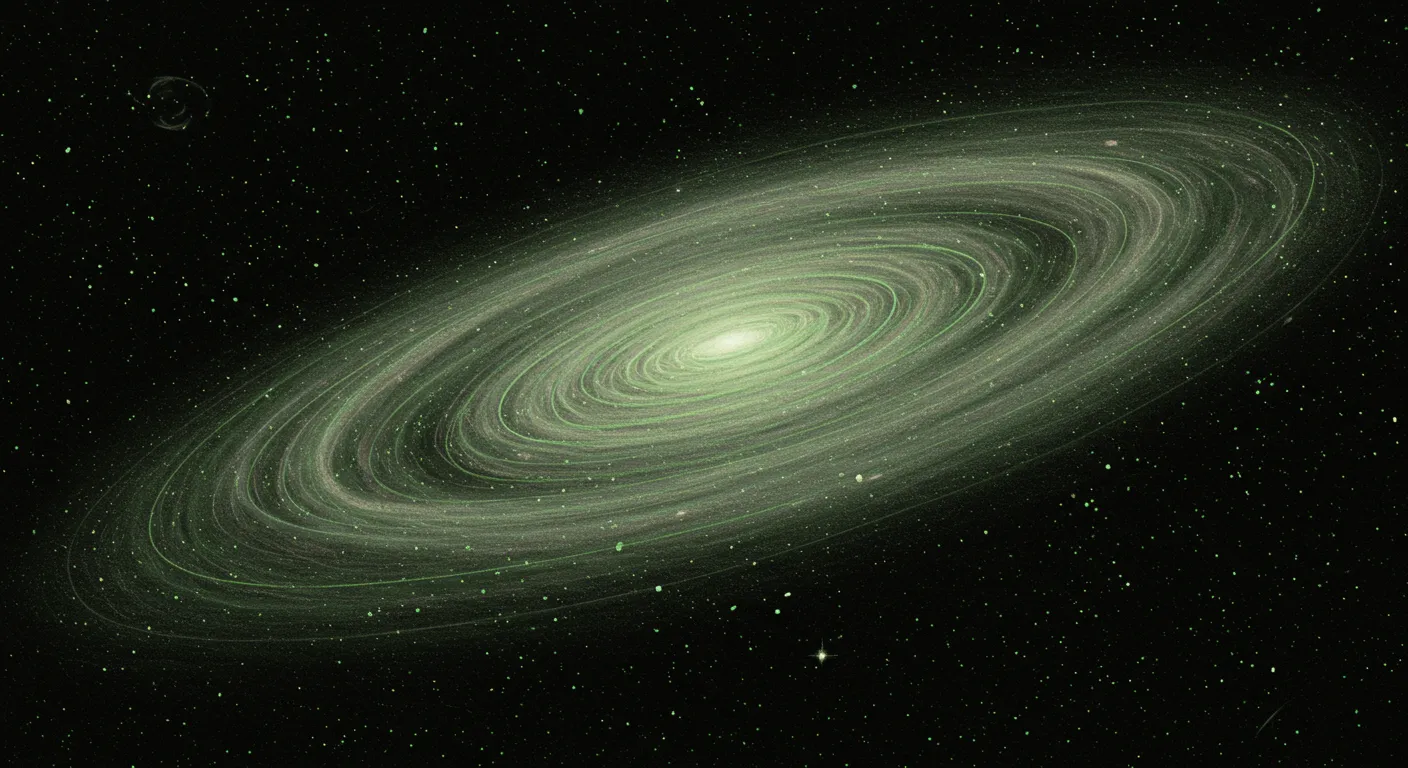The latest research using the Webb telescope is bringing fresh perspective to the long-standing "Hubble tension" - a scientific debate about the precise rate of the universe's expansion. Online commentators are buzzing about a potential breakthrough that could reconcile conflicting measurements of the universe's expansion rate.
Wendy Freedman, a key researcher, has calculated a new value for the Hubble constant at 70.4 kilometers per second per megaparsec, which brings her measurement closer to previous cosmic microwave background observations. This might sound like technical minutiae, but it represents a significant step in understanding the fundamental mechanics of our universe.
The Webb telescope's infrared capabilities are game-changing, allowing scientists to peer through cosmic dust that has historically obscured precise measurements. As one researcher noted, the telescope enables them to measure star brightnesses with much greater accuracy, cutting through observational limitations that have frustrated astronomers for decades.
The implications are profound. While this isn't a definitive resolution, it suggests we're inching closer to understanding how the universe expands - a question that touches on fundamental physics and our comprehension of cosmic evolution. For tech-savvy observers, it's like debugging the most complex system imaginable: our entire universe.
Importantly, this isn't just about numbers. It's about challenging existing models, pushing the boundaries of human knowledge, and recognizing that every new measurement brings us closer to understanding the grand cosmic algorithm that governs everything we see.


